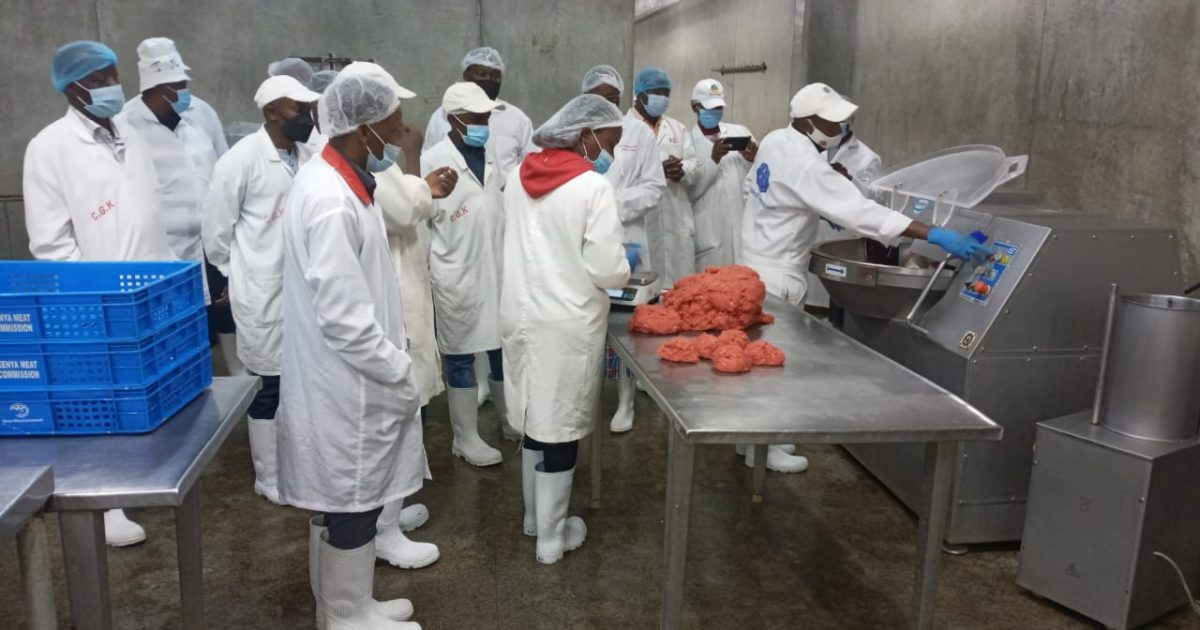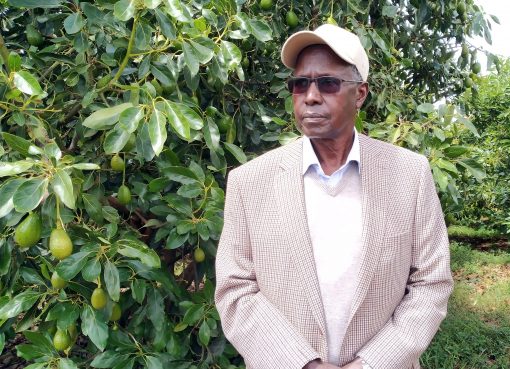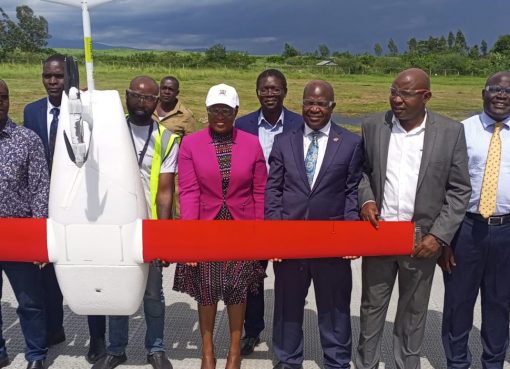Agricultural Sector Development Support Programme (ASDSP) has trained meat stakeholders in Kajiado County on meat value addition.
The stakeholders, including meat inspectors, abattoir owners, veterinary officers and livestock traders undertook the one-week training at the Meat Training Institute in Athi River.
The County ASDSP Coordinator Elisha Kiura noted that Kajiado has three value chains namely cow milk, tomatoes and beef.
“The training focused on beef value chain. Kajiado has producers, traders and marketers of beef and the exercise was to train them on value addition of meat. It is our vision to have Kajiado branded meat and we are optimistic that due to this training, our farmers will be able to do the value addition,” said Kiura.

The County Chief Executive for Agriculture, Livestock and Fisheries Jackline Koin said the local economy majorly depends on meat, hence the need to ensure maximum benefits are achieved.
“Ours is the meat economy. There is such a huge exchange of money on the market days in towns within Kajiado and we saw it fit to train stakeholders to maximize on meat profits and spur this development further,” said Koin.
One of the trainers, Tom Odera who is a meat grader in Kajiado South noted that every part of the animal could be turned into money from the blood to the ruminal content, which is usually disposed of, but can be used as manure or biogas.
A trainee, William Kasio who is the chairman of the Kitengela abattoir was grateful for the training saying he learnt a lot regarding value addition on meat so as to get maximum profits and vowed to pass the same knowledge to the other livestock farmers.
He added that Kajiado is widely known for nyama choma but in the coming months, the county will also provide the best canned meat, sausages and all the other products that can be derived from meat, courtesy of the value addition training.
Another trainee, Alice Gikonyo who is a butcher from Namanga noted that the training has made her realize several ways she could make profits using the ‘waste’ they usually dispose of.
Some of the topics that the training focused on included standards and regulations governing value addition, meat quality and safety, quality assurance and control, product handling and preparation and entrepreneurial skills among others.
The trainees also had meat processing practical demonstrations at the University of Nairobi and also a visit to the Kenya Meat Commission.
By Diana Meneto





